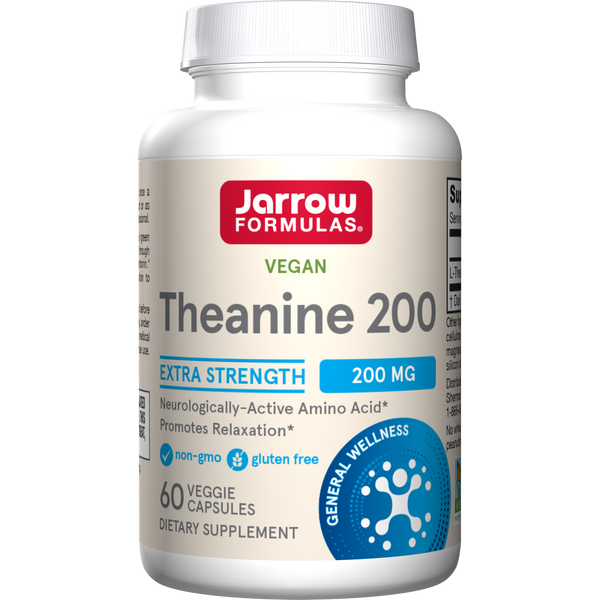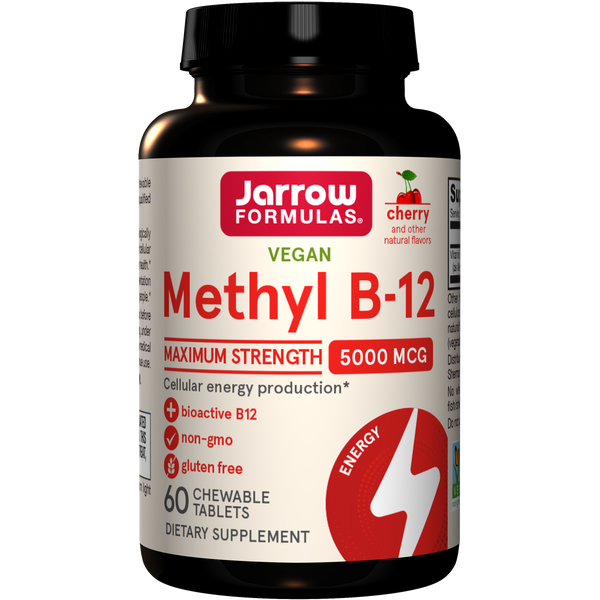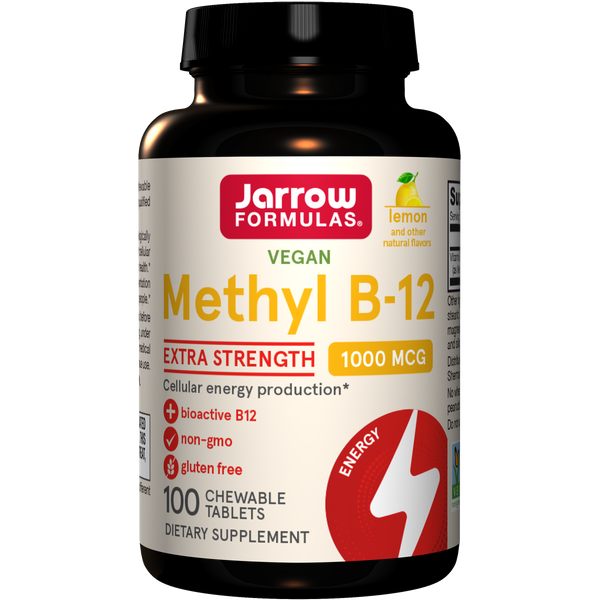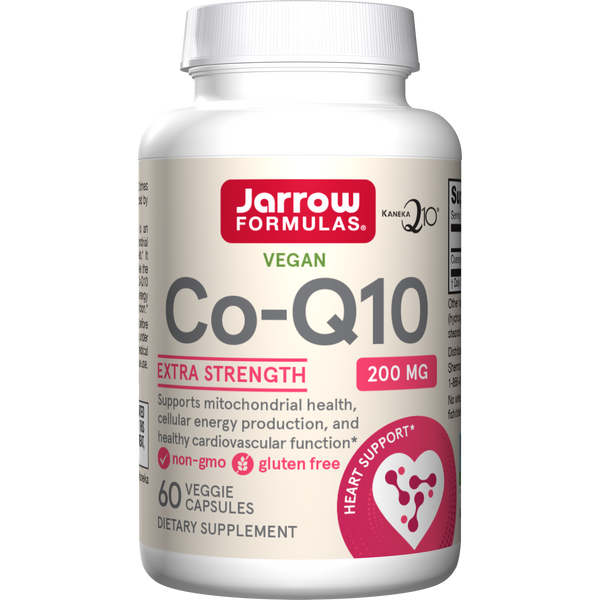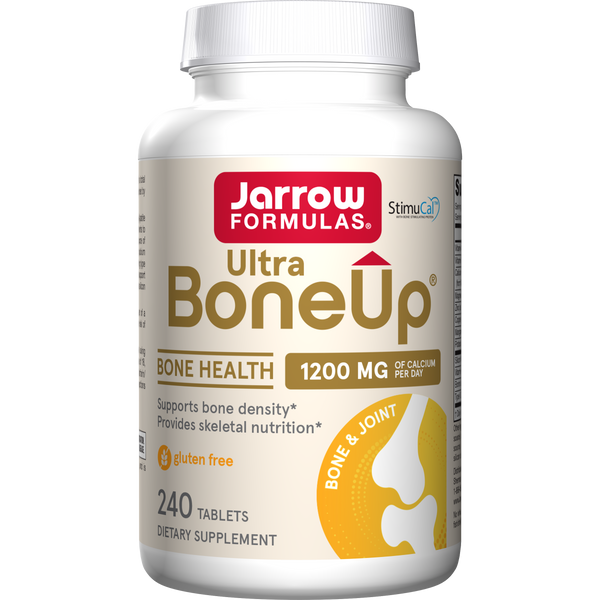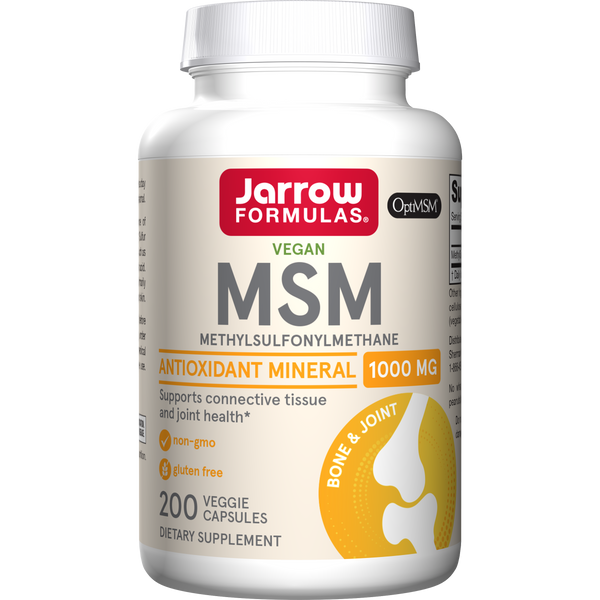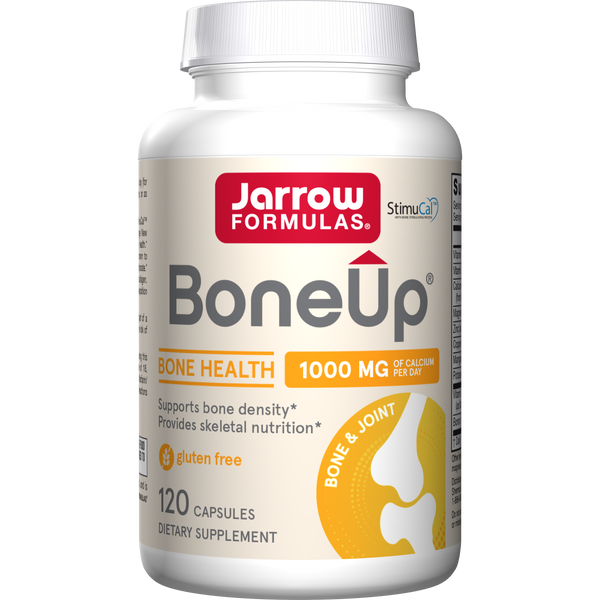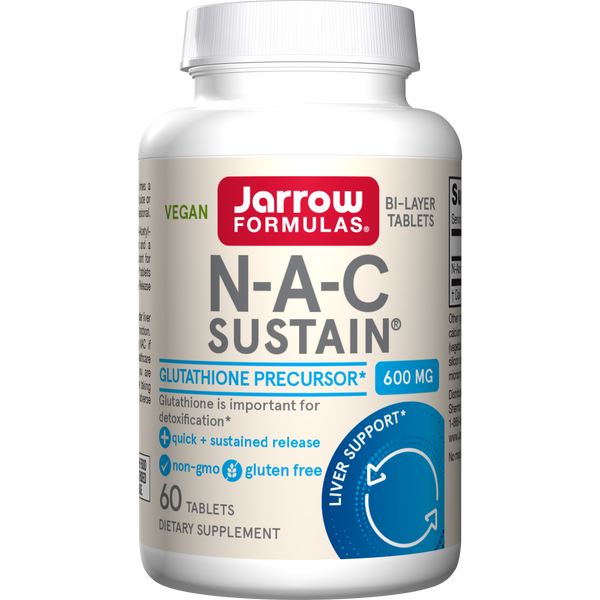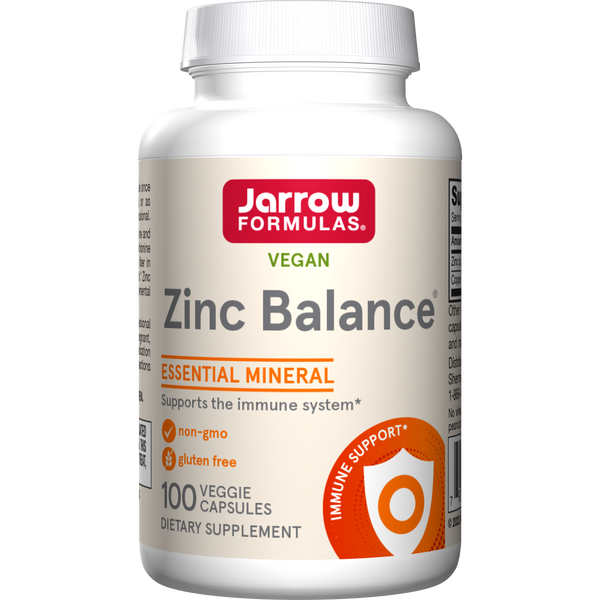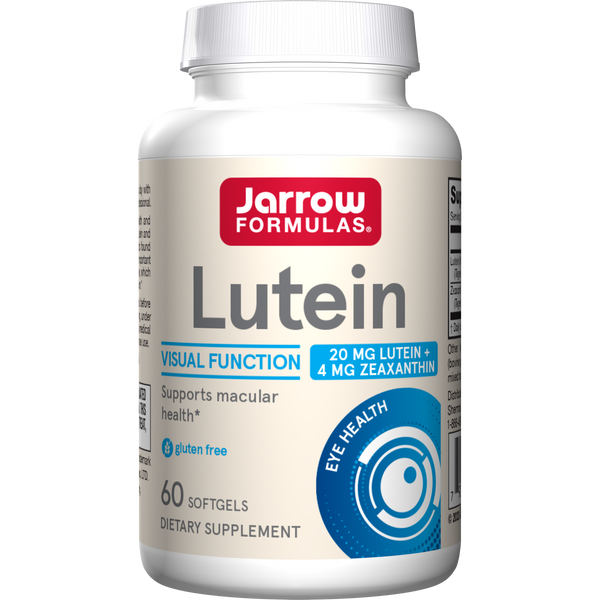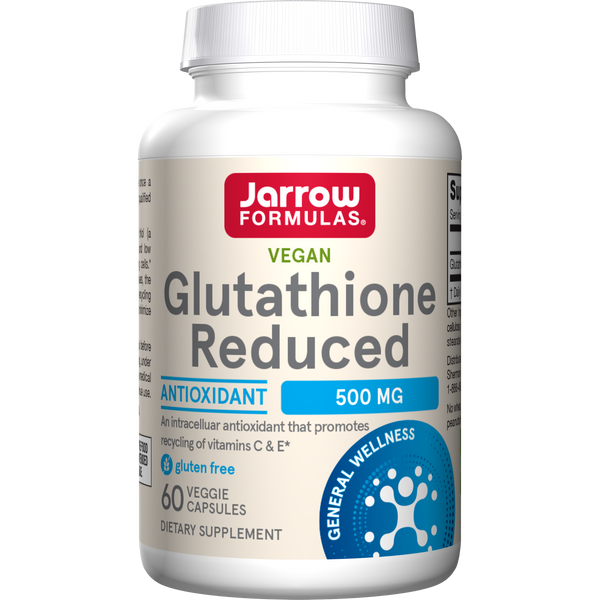Are You Getting Enough of the Right Minerals and Vitamins?
By Thomas A. Bowman, PhD
If you smoke or do not smoke, you may assume that your smoking status affects your nutrient intakes and requirements. That assumption is correct. However, a recent study1 of smokers and nonsmokers, based on a detailed review of their diets, found that nonsmokers and smokers both had significant deficits in several minerals and vitamins.
The table below was modified from the study in order to highlight these micronutrient deficits. The table shows the Estimated Average Requirement of each micronutrient and the color-coded percentages show the percentage of individuals surveyed that did not have an adequate daily intake. For example, 15% of nonsmokers and 27% of smokers have an inadequate daily intake of iron (Fe). Note that the Estimated Average Requirement is the amount of each micronutrient expected to satisfy the needs of 50% of the people in that age group.
|
Table 2 – Compliance with daily recommended intake by smoking status for micronutrients (modified from 1) Percent of Individuals Under Estimated Average Requirement (EAR)
|
Note that smokers also have an increased requirement for many of these micronutrients due to their less healthy status. In the far right column is the "P-value," which, when under 0.05, indicates a statistically significant difference between smokers and nonsmokers. The researchers found that smokers had a significantly greater deficit in the percentage of individuals with inadequate daily intake of iron (Fe), phosphorus (P), vitamin C, riboflavin, and folate (folic acid).
It is also noteworthy that at least 30% of both smokers and nonsmokers have inadequate daily intake of calcium (Ca), magnesium (Mg), vitamin C, folate, vitamin A and vitamin E. Another very striking result seen in the table is that a very significant percentage of smokers have deficits in many of these micronutrients. Notice how much more red and yellow is the smokers column.
- Raatz SK, Jahns L, Johnson LK, et al. Smokers report lower intake of key nutrients than nonsmokers, yet both fall short of meeting recommended intakes. Nutrition Research. 2017;45:30-37.









